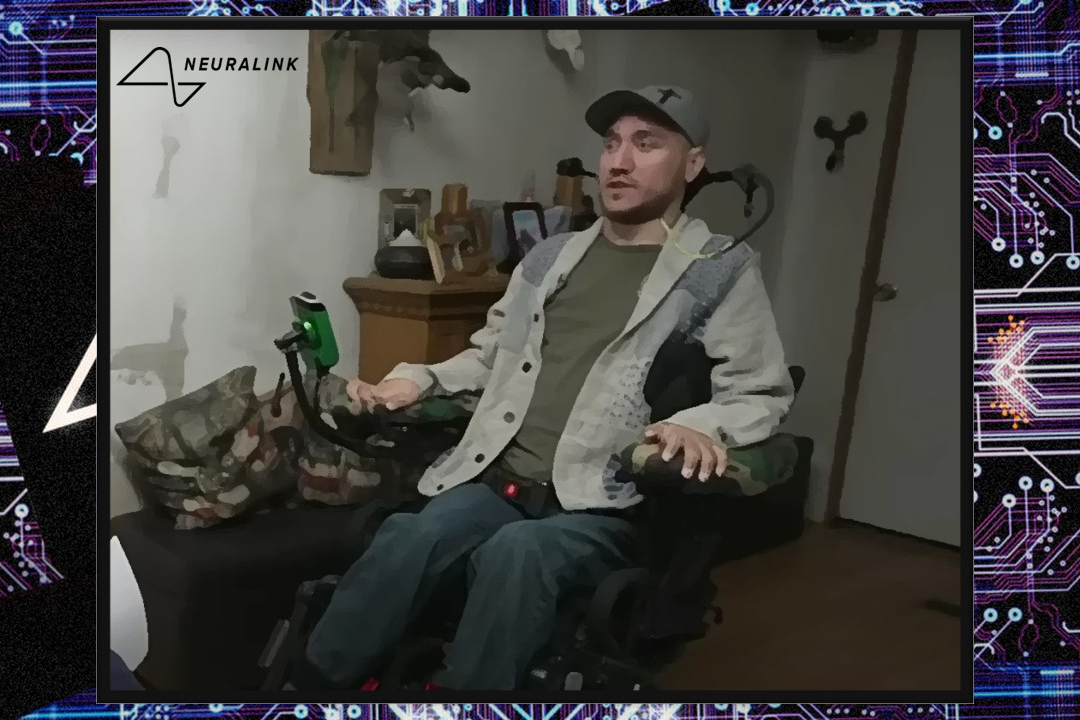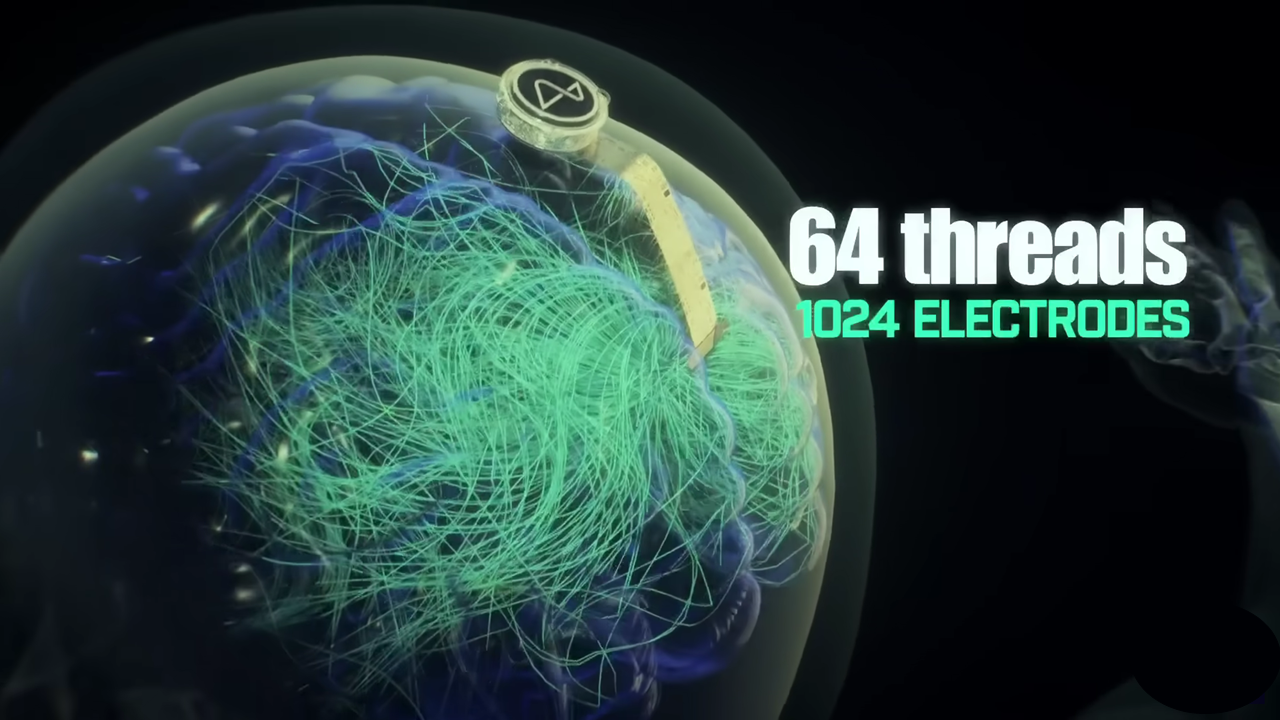2024-05-28

Noland Arbaugh is the first human
implant with Neurolink’s chip in his brain. It shows us the incredible
advancement in neurotechnology.
He is unable to perform any task using
his hands. But Neurolink’s brain chip enables him to perform many tasks using
his brain command.
Neuralink is a neurotechnology company
co-founded by Elon Musk. The company, launched in 2016, is developing
implantable brain-computer interfaces (BCIs) known as the Link.
The Link is a coin-sized implant that
can record, stimulate, and reproduce the electrical activity of neurons in your
brain, acting like a sort of brain translator.

The Link is fully implantable,
cosmetically invisible, and designed to let you control a computer or mobile
device anywhere you go. It records neural activity through 1,024 electrodes
distributed across 64 threads.
These highly-flexible, ultra-thin
threads are key to minimize damage during implantation and beyond. The
implantation of these threads is done by a surgical robot designed by Neuralink.
Neuralink’s mission is to create a generalized brain interface to restore autonomy to those with unmet medical needs.The company aims to help patients with paralysis control a keyboard or computer cursor with their minds.
As of May 2023, Neuralink has been
approved for human trials in the United States5. In January 2024, Musk
announced that Neuralink had successfully implanted a Neuralink device in a
human
Noland Arbaugh became the first human
recipient of Neuralink's brain-computer interface (BCI) implant, a
groundbreaking development that has the potential to restore digital autonomy
to individuals with severe paralysis.
Noland Arbaugh was born in 1994, now he
is 30 years old.
He was a student and athlete at Texas
A&M University. In 2016, while working as a summer camp counselor at the
Island Lake Camp in Starrucca, Pennsylvania, when Arbaugh was 22 he experienced
a swimming accident and suffered a severe spinal cord injury that led to
quadriplegia, paralysis from the shoulders down.
Arbaugh reported that the surgery was
straightforward and that he was released from the hospital the following day
without cognitive impairments. According to an interview posted on the social
media service X (formerly known as Twitter), Arbaugh said that the technology
provided by Neuralink had changed his life despite running into “some issues”
as part of the surgery and installation.
The implant allows him to control a
computer cursor with his thoughts, enabling him to perform digital tasks.
Despite encountering some issues with the chip, he has been able again to play
games like Civilization 6, chess and Old School Runescape.
This technology, which involves
inserting a device the size of a coin into the skull, with microscopic wires
reading neuron activity, has enabled Arbaugh to perform tasks such as playing
chess online by simply using his thoughts.
The success of this technology could
revolutionize the way we interact with digital devices, offering new hope and
independence to those affected by neurological conditions.
The progress made by Arbaugh is a
promising sign of the potential that lies ahead.
The ability to control a computer or
mobile device wirelessly through thought alone is not just a scientific
achievement; it's a step towards redefining human potential and the beginning
of a new era in medical technology.
The implications of such advancements
are profound, extending beyond individual cases like Arbaugh's to potentially
impact the lives of millions around the world who face similar challenges.